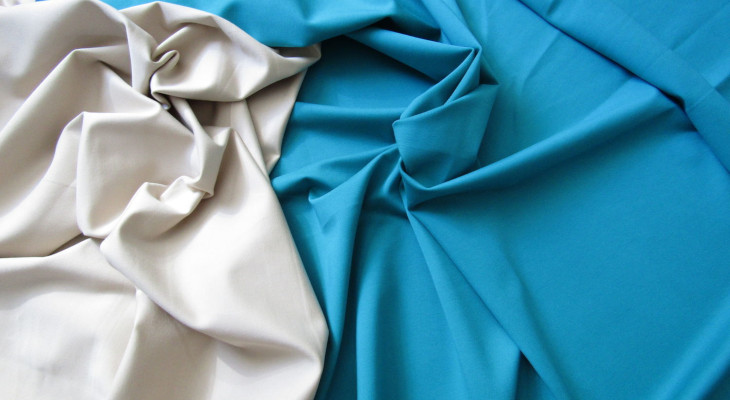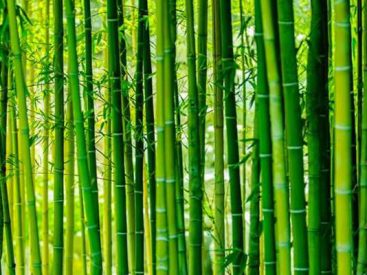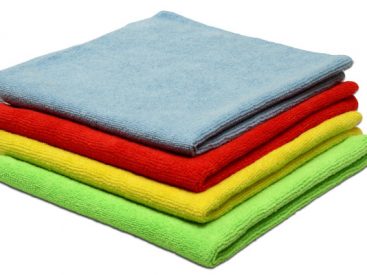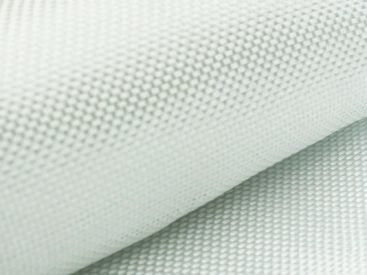Nylon is an artificial polyamide material used in the production of casual and sports clothing, tablecloths, curtains, and camping awnings.
Nylon fibers are widely used due to their properties, including high tensile strength and durability. The addition of nylon fibers to other ones increases the strength and lifespan of the materials.
The high shape stability of nylon allows the products to retain their original appearance after numerous washings. Such yarn is characterized by both high density and good air permeability, superior to cotton’s.
The fineness of the threads makes it possible to mix polyamide fibers with other ones, giving the products an additional luster. Nylon fabrics are considered the most visually appealing among artificial materials. With the help of dyes, they can be given any bright color that will not fade under the influence of sunlight.
Nylon fibers are characterized by hydrophobicity or water resistance. They do not absorb moisture; products made of this material dry quickly, do not wrinkle, and do not require ironing.
Being a synthetic fiber, nylon yarn accumulates static electricity. Among other disadvantages of the material, sensitivity to heat should be noted. That’s why one should iron nylon things with extreme caution. Polyamide fibers are characterized by poor air permeability. In rare cases, people with sensitive skin may have allergic reactions to nylon fabrics.




